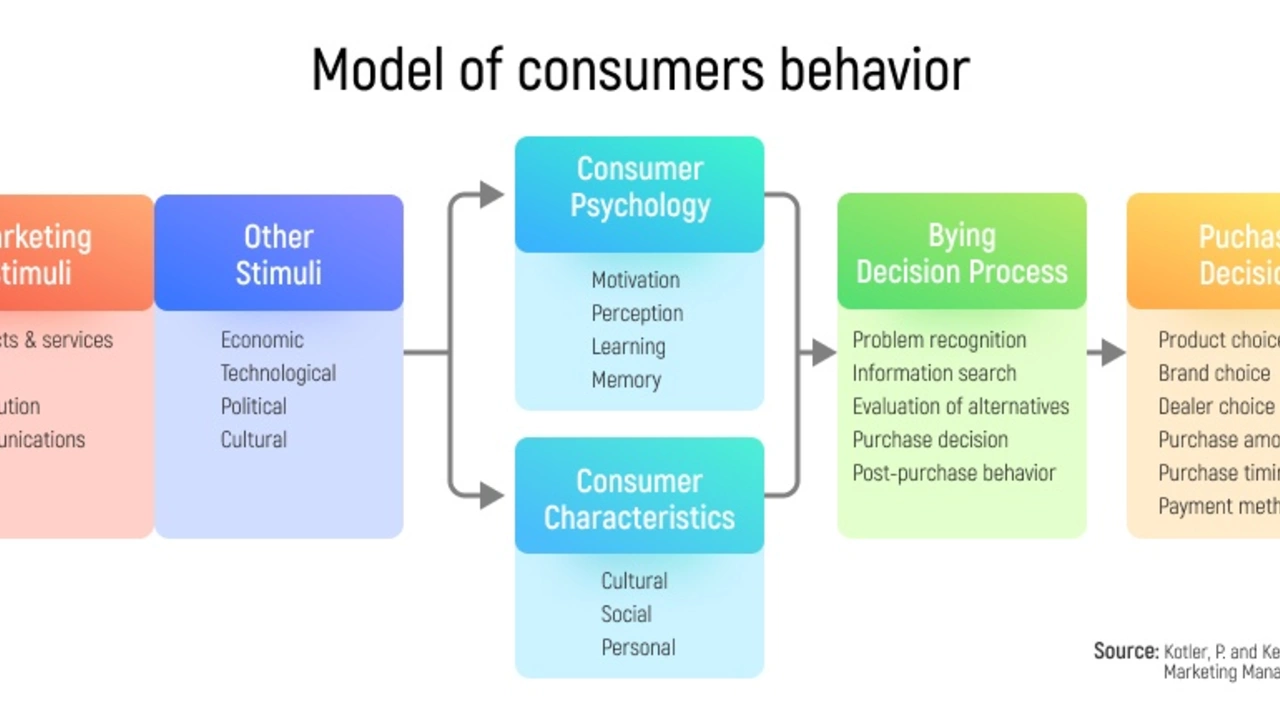Brand Loyalty: An Emotional Connection
One of the main reasons why people stick with one brand of car is because of brand loyalty which is often tied to an emotional connection. This strong bond between a consumer and a brand can be developed through positive experiences, trust, and satisfaction. When a certain brand of car has never failed them or has always delivered high performance, people naturally develop a sense of trust for the brand. This trust then creates an emotional connection, leading to loyalty.
Moreover, there is an emotional satisfaction that comes with driving a car from a brand that you trust. This emotional satisfaction is often so strong that it can override any logical arguments about the merits of other brands. After all, we are emotional beings, and we often make decisions based on how we feel rather than on pure logic.
Consistency and Familiarity
Another key factor why people stick with one brand of car is due to consistency and familiarity. When you drive a car from the same brand for years, you become familiar with its features, its handling, and its quirks. This familiarity brings a sense of comfort and ease, making driving a more enjoyable experience.
Consistency, on the other hand, is all about knowing what to expect. If you've had a good experience with a brand's car, you're likely to expect the same level of quality and performance from its other models. This consistent expectation gives people a sense of security and reduces the risk of disappointment, which is why many people prefer to stick with one brand.
The Influence of Brand Reputation
Brand reputation also plays a significant role in why people stick with one brand of car. A brand with a positive reputation for quality, reliability, and value tends to attract loyal customers. People trust these brands because they have proven their worth over time. They know that when they buy a car from a reputable brand, they're getting a product that has been tested and trusted by many other consumers.
Moreover, brand reputation often extends beyond the product itself. It also involves the company's customer service, its commitment to sustainability, and its community involvement. A brand that scores high in these areas is more likely to retain its customers and attract new ones who value these aspects.
Perceived Value and Quality
A car is a significant investment, and people want to ensure that they're getting their money's worth. This is where perceived value and quality come into play. People stick with one brand of car because they believe that it offers the best value for their money. This perceived value might be based on the car's performance, durability, safety features, or even its resale value.
Quality, on the other hand, is about the car's construction and components. A car that is well-built and uses high-quality materials is likely to last longer and perform better, which adds to its perceived value. People who value quality and durability over other factors are more likely to stick with a brand that consistently delivers on these fronts.
The Impact of Personal Identity and Lifestyle
Finally, the car brand that people choose often reflects their personal identity and lifestyle. Some brands are known for their sporty, high-performance cars, while others are known for their family-friendly SUVs or their eco-friendly hybrid and electric cars. People tend to stick with a brand that matches their lifestyle and personal identity.
For example, a person who leads an active, outdoor lifestyle might prefer a brand that offers rugged SUVs with off-road capabilities. A family-oriented individual, on the other hand, might stick with a brand known for its safe and spacious minivans. As long as the brand continues to meet their lifestyle needs and reinforce their personal identity, people are likely to remain loyal to it.
